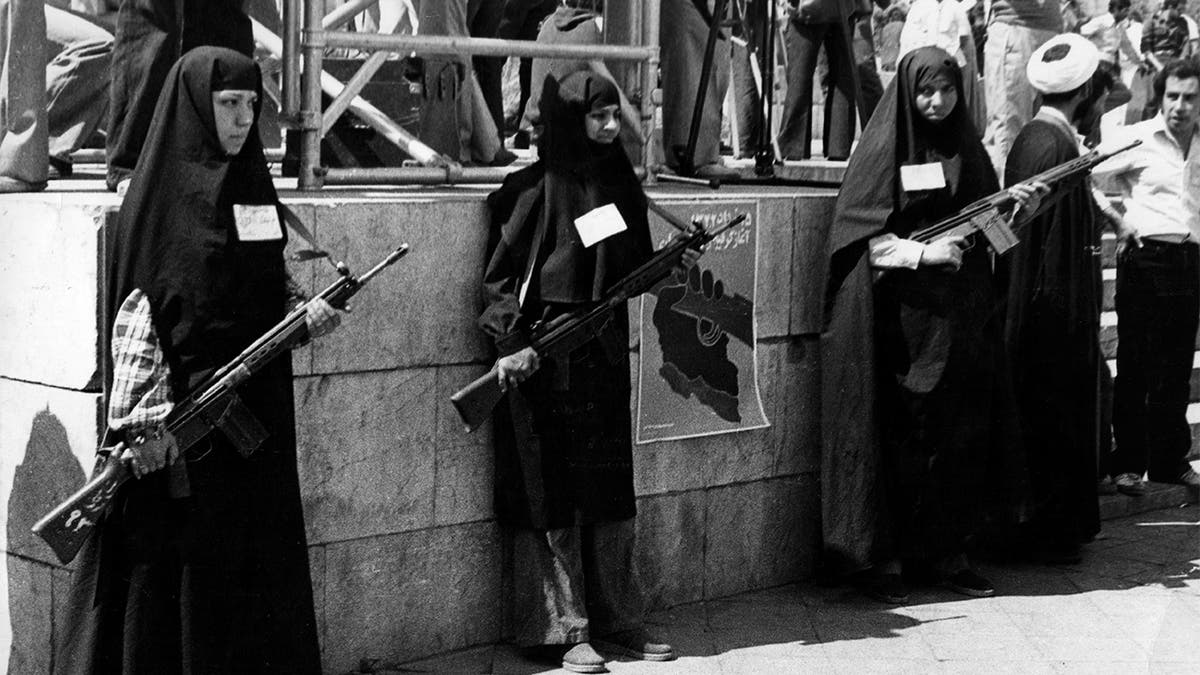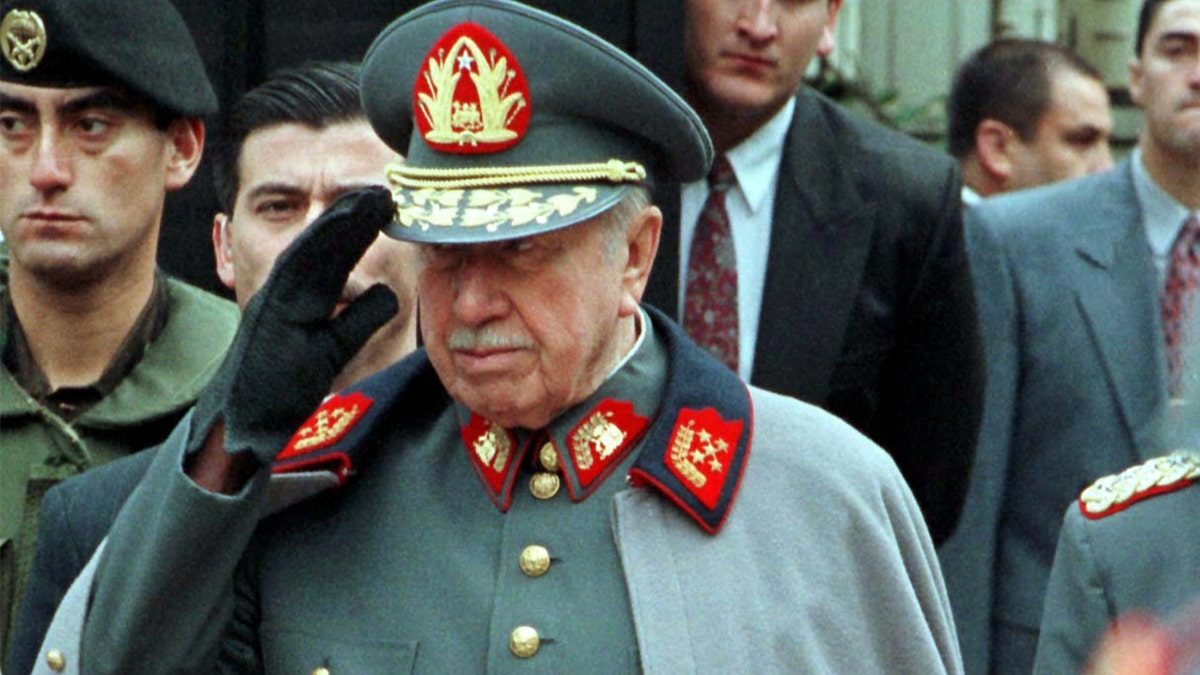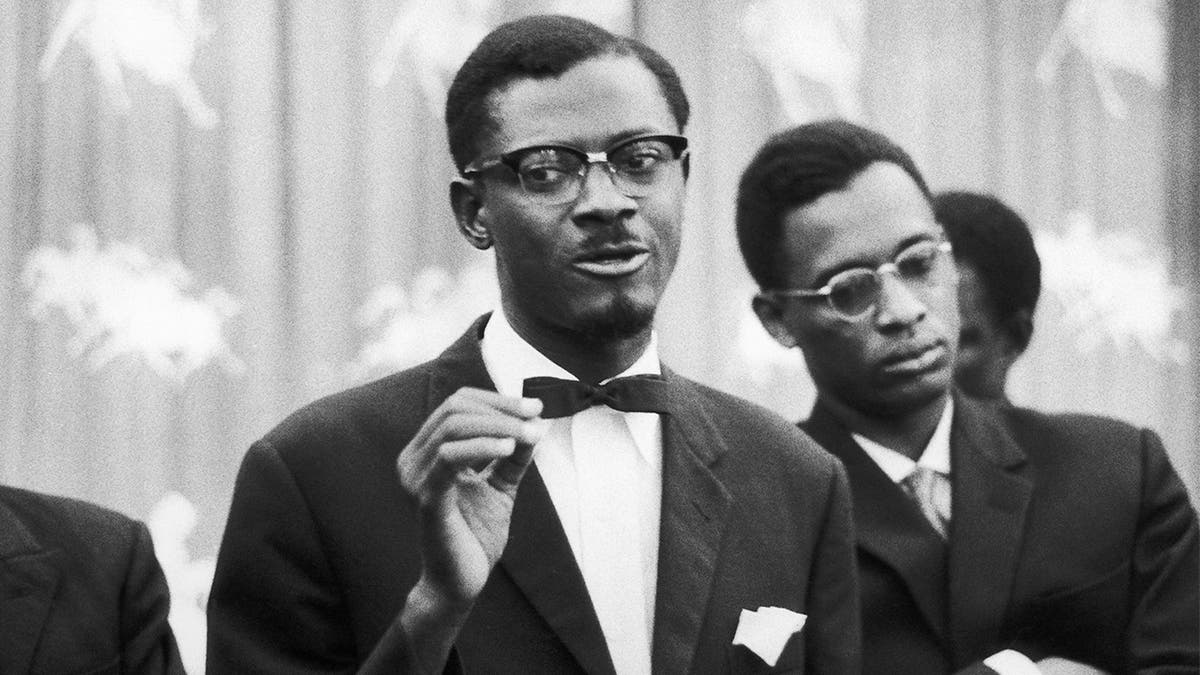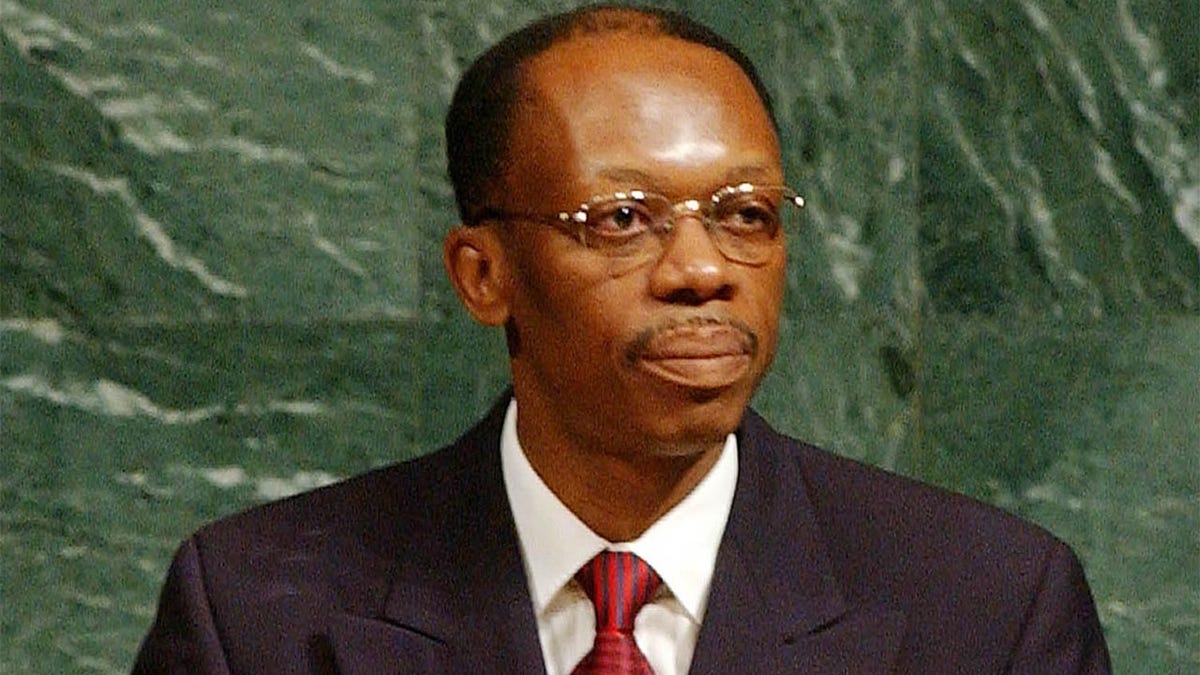Trump: People of Venezuela being treated badly, they don't have water or food
President Donald Trump meets with Colombian President Ivan Duque Marquez to discusses the situation in Venezuela, the coronavirus outbreak.
American officials spent Tuesday issuing a series of denials about U.S. involvement in a failed coup attempt to oust embattled Venezuelan President Nicolas Maduro that has landed two U.S. mercenaries in jail.
On Monday, Maduro held the passports of Luke Denman and Airan Berry, both former U.S. special forces soldiers associated with Florida-based security firm Silvercorp USA. Both men were detained following an attempted beach landing in a fishing village.
Maduro claims they were part of a U.S. operation backed by neighboring Colombia to kill him. A third U.S. ex-Green Beret and Silvercorp founder, Jordan Goudreau, claimed responsibility for leading "Operation Gideon," which was launched with an attempted beach landing before dawn on Sunday that left eight suspected attackers dead.
VENEZUELA PRISON RIOT KILLS AT LEAST 40, INCLUDING WARDEN
President Trump and Defense Secretary Mark Esper denied U.S. involvement in the operation.
"Whatever it is, we'll let you know," Trump told reporters at the White House before departing to Arizona. "But it has nothing to do with our government."
Trump has drawn the ire of Maduro's socialist government by recognizing opposition leader Juan Guaido as president. The country is already considered one of the world’s worst humanitarian crisis.
Even if the U.S. didn't have a hand in the fail coup, American leaders have historically taken an active role in regime change throughout the world.
Below is a list of five coups backed or led by the United States.
Iran
The CIA admitted in 2013 to being involved in the coup against Iran's democratically elected leader Mohammad Mossadegh. During his role as prime minister, Mossadegh nationalized the country's oil industry, which was controlled by Britain for decades, as well as other economic reforms.

Armed women on guard and participating in Khordad in one of the main squares in Tehran at the beginning of the Iranian Revolution. (Photo by Keystone/Getty Images)
The U.S. orchestrated a campaign to destabilized Iran's government and eventually reinstalled Mohammad Reza Pahlavi, the shah, in a 1953 coup. Pahlavi embarked on a police state that suppressed all forms of dissent while maintaining allegiances with Washington.
His reign paved the way for the 1979 Iranian Revolution, in which participants invoked the 1953 coup, and the rise of cleric rule. Tensions between the U.S. and Tehran have been fragile ever since.
Latin America
Several oppressive governments in Latin America have found support from American leaders going back decades. Guatemala's elected government of President Jacobo Árbenz was deposed in 1954 and replaced with military dictator Carlos Armas.
In Chile, elected socialist president Salvador Allende died during a coup to overthrow him. The administration of President Richard Nixon replaced him with Augusto Pinochet, who led a brutal campaign against dissenters that saw thousands killed.

Chilean Gen. Augusto Pinochet salutes the honor guard outside his home in Santiago. Pinochet led the military coup to overthrow former President Salvador Allende on Sept. 11, 1973. (CHILE ANNIVERSARY COUP)
In El Salvador, U.S.-trained death squads targeted civilians during the country's 12-year civil war between the military-led junta and the Farabundo Martí National Liberation Front (FMLN).
America's reach also extended to the Dominican Republic, Honduras, Mexico, Panama, Uruguay, Nicaragua, where it backed the autocratic Somoza family, and Cuba where it supported the dictatorship of Fulgencio Batista before he was overthrown in the Cuban Revolution.
Zaire
Patrice Lumumba became the first prime minister of the independent Democratic Republic of the Congo after a struggle for independence. A CIA-backed coup led by Joseph Mobutu, his army chief of staff, removed him from power and subsequently handed to Belgian-backed separatists who killed him via firing squad.

The Prime Minister of Congo Kinshasa Patrice Lumumba in Congo in 1960. (Photo by Dominique BERRETTY/Gamma-Rapho via Getty Images)
He has since been seen as a martyr.
Mobutu renamed the country Zaire and presided over a dictatorship for three decades. He abolished elections, had political opponents killed and tortured many others.
Iraq
While fighting a war in Afghanistan, U.S. officials called for the removal of Iraqi leader Saddam Hussein in 2003. After he failed to leave the country, a U.S.-led invasion ensued and Hussein was captured and eventually hanged.
Initially an ally because of his eight-year war with neighboring Iran, Hussein, a brutal dictator, became the target for regime change following his 1990 invasion of Kuwait.
CLICK HERE TO GET THE FOX NEWS APP
Haiti
Jean-Bertrand Aristide has been in office only a few months in 1991 when he was overthrown in an American-backed operation. Aristide returned from exile in 1994 when the military restored him upon facing a U.S. invasion.

Haitian President Jean-Bertrand Aristide speaks to the United Nations General Assembly in New York in 2002. (REUTERS/Chip East CME/JP)
He stepped down in 1996 and was elected again in 2000. A failed coup occurred in 2001 and he fled the country in 2004 amid anti-government protests.













































